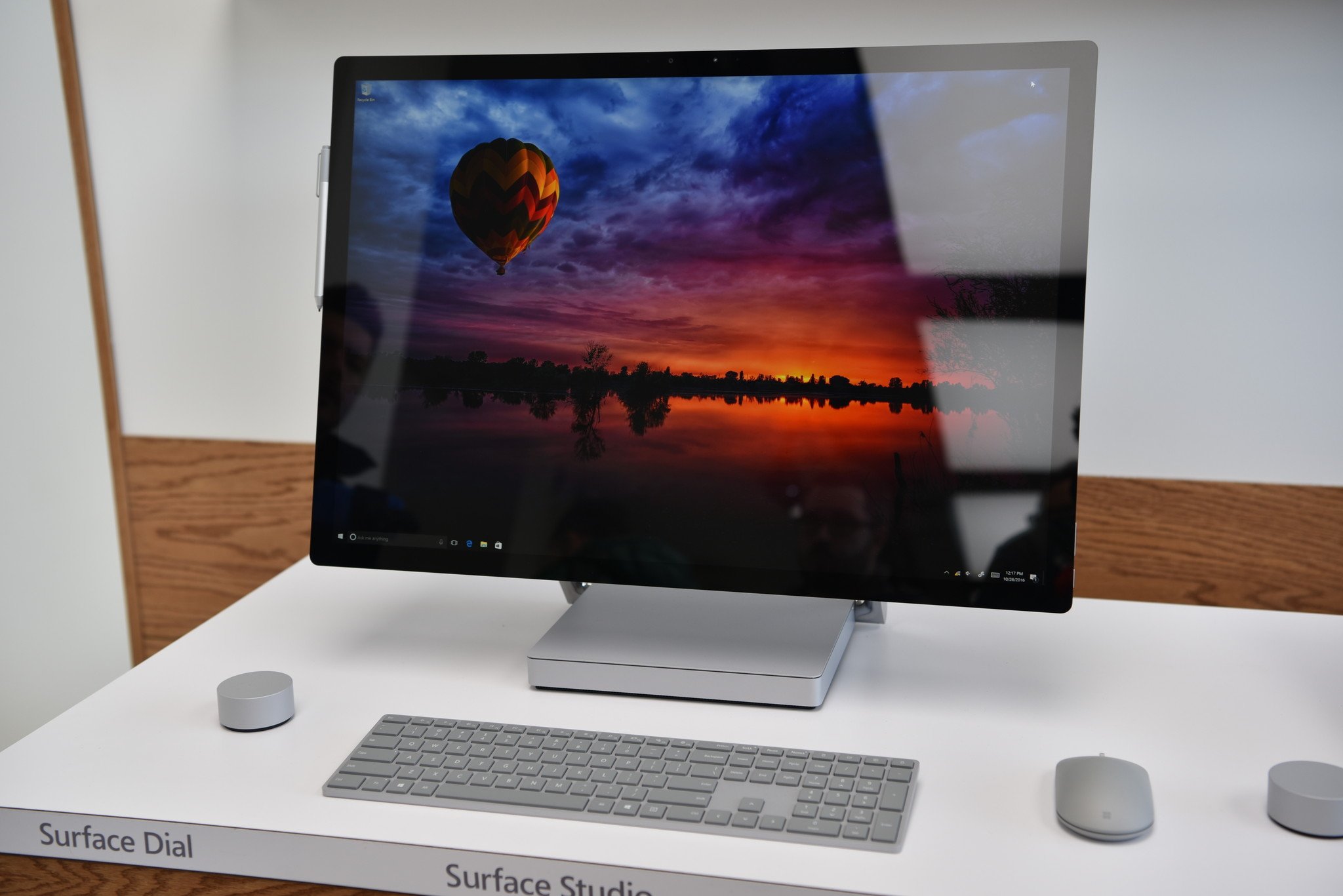Apple, Microsoft, and others may benefit from forced labor in China (update)
Let's hope it's addressed soon.

All the latest news, reviews, and guides for Windows and Xbox diehards.
You are now subscribed
Your newsletter sign-up was successful
What you need to know
- The Australian Strategic Policy Institute recently issued a report about forced labor in China.
- Microsoft and other companies like Apple and Sony appear to be benefiting from it.
- China has allegedly moved Uyghur and other ethnic minority citizens to factories across the country.
- We've reached out to Microsoft for comment on this report.
Updated March 2, 2020: A spokesperson for Microsoft reached out to us and said the following. The company is investigating the report and will act accordingly.
Microsoft is committed to responsible and ethical sourcing. We take this responsibility very seriously and take significant steps to enforce our policies and code of conduct in support of human rights, labor, health and safety, environmental protection, and business ethics through our assurance program. All forms of forced labor are specifically banned by our Supplier Code of Conduct. We are investigating the claims and will take appropriate action if breaches of our code of conduct exist.
China does not have a great record with human rights and it seems like another issue has come to light due to the research of the Australian Strategic Policy Institute (ASPI). According to the organization, many brands around the world, including Apple, Microsoft, and Sony, are benefiting from possibly forced Uyghur labor in their product pipelines.
You can read the complete report on the organization's website, but we've included the pertinent excerpt below.
The Chinese government has facilitated the mass transfer of Uyghur and other ethnic minority citizens from the far west region of Xinjiang to factories across the country. Under conditions that strongly suggest forced labor, Uyghurs are working in factories that are in the supply chains of at least 83 well-known global brands in the technology... ASPI's research has identified 83 foreign and Chinese companies directly or indirectly benefiting from the use of Uyghur workers outside Xinjiang through potentially abusive labor transfer programs as recently as 2019: Abercrombie & Fitch, Acer, Adidas, Alstom, Amazon, Apple, ASUS, BAIC Motor, BMW, Bombardier, Bosch, BYD, Calvin Klein, Candy, Carter's, Cerruti 1881, Changan Automobile, Cisco, CRRC, Dell, Electrolux, Fila, Founder Group, GAC Group... Gap, Geely Auto, General Electric, General Motors, Google, H&M, Haier, Hart Schaffner Marx, Hisense, Hitachi, HP, HTC, Huawei, iFlyTek, Jack & Jones, Jaguar, Japan Display Inc., L.L.Bean, Lacoste, Land Rover, Lenovo, LG, Li-Ning, Mayor, Meizu, Mercedes-Benz, MG, Microsoft, Mitsubishi, Mitsumi, Nike, Nintendo, Nokia, The North Face, Oculus, Oppo, Panasonic, Polo Ralph Lauren, Puma, Roewe, SAIC Motor, Samsung, SGMW, Sharp, Siemens, Skechers, Sony, TDK, Tommy Hilfiger, Toshiba, Tsinghua Tongfang, Uniqlo, Victoria's Secret, Vivo, Volkswagen, Xiaomi, Zara, Zegna, ZTE. Some brands are linked with multiple factories.
Hopefully, Microsoft and other companies will investigate this further and work with Chinese manufacturers to end this practice. We've reached out to Microsoft for comment and shall update you as soon as we receive a response.
It's the responsibility of the company to uphold standards with its partners because these are serious allegations.
All the latest news, reviews, and guides for Windows and Xbox diehards.

Asher Madan formerly handled gaming news for Windows Central. Before joining Windows Central in 2017, Asher worked for a number of different gaming outlets. He has a background in medical science and is passionate about all forms of entertainment, cooking, and antiquing.
